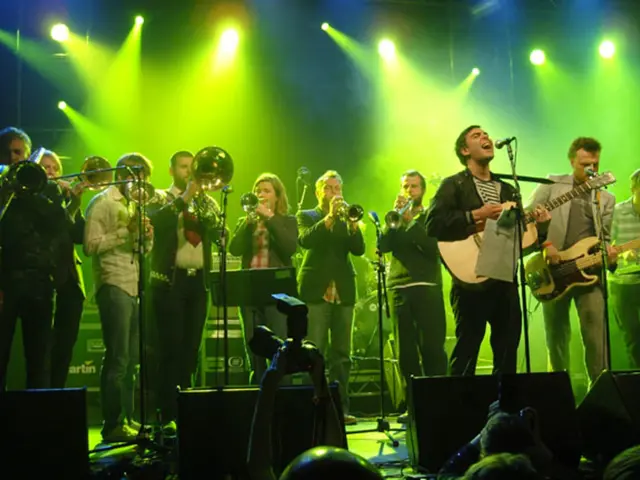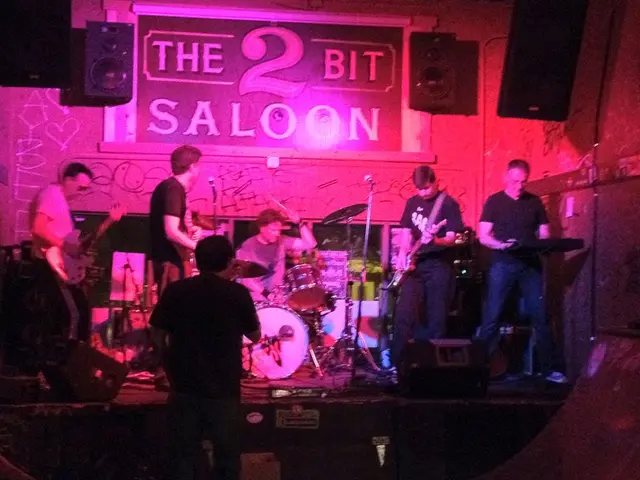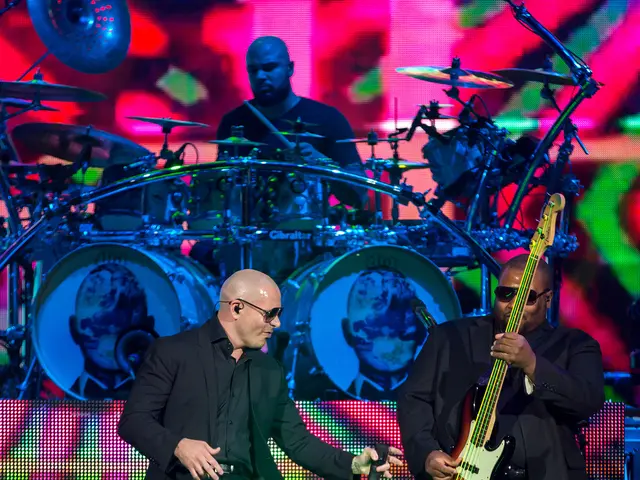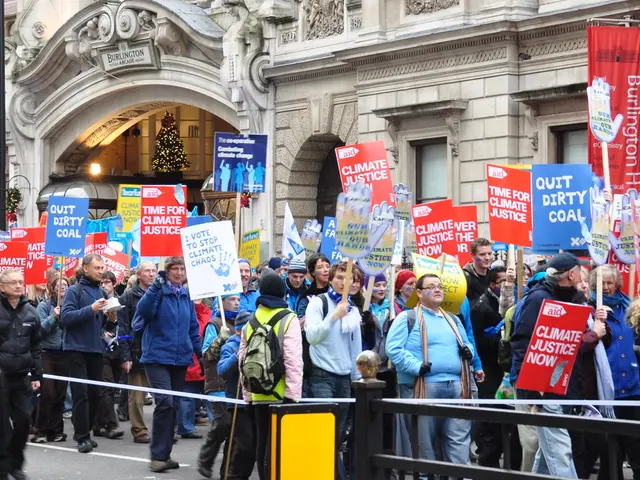Jazz maestro Duke Ellington's prodigious talent and lasting impact on the music world. Exploring his innovative compositions and groundbreaking performances that continue to shape jazz today.
Edward Kennedy "Duke" Ellington, a celebrated figure in the jazz world, attained prominence as a composer, bandleader, and pianist. Born in Washington, D.C., in 1899, Ellington's career mirrored the transformation of jazz from a niche genre into a highly respected art form. His sophisticated compositions and magnetic presence raised the bar for jazz, while his influence reverberated across generations of musicians and permeated American cultural history.
Early Life and Influences
Born into a middle-class family with a passion for music, Ellington's exposure to diverse musical sources—from church to theatre to local bands in Washington, D.C.— laid the foundation for his subsequent career. Despite an early aspiration to become a painter, Ellington found his voice through the burgeoning jazz scene in D.C. and Harlem, earning his nickname, "Duke," due to his refined demeanor, which foreshadowed his status as a symbol of sophistication in jazz.
Ascent to Stardom
In the 1920s, Ellington and his group, the Washingtonians, relocated to Harlem and took residence at the renowned Cotton Club. Harlem served as a hotbed of the Jazz Age, attracting artists, writers, and musicians alike. These Cotton Club performances allowed Ellington to refine his style, experiment with compositions, and collaborate with exceptional musicians. The orchestra's sound became recognizable for the unique blend of blues, swing, and expertly arranged compositions that highlighted each musician's unique talents.
During this period, Ellington penned hit songs such as "Mood Indigo," "Creole Love Call," and "It Don't Mean a Thing (If It Ain't Got That Swing)." These compositions became jazz staples, helping to define the genre's identity.
Musical Innovations and Style
Known for his ability to blend various musical forms into complex, orchestral jazz pieces, Ellington displayed an unconventional approach to harmony, combining unorthodox chords, modulations, and sophisticated rhythms. Unlike many of his contemporaries who emphasized improvisation, Ellington took a compositional approach to jazz, writing intricate scores complete with specific instructions for his musicians. This approach emphasized the uniqueness of each orchestra member, allowing Ellington to craft individualized parts that displayed each musician's particular talents.
Major Works and Contributions
Throughout his career, Ellington amassed a vast body of work, boasting thousands of compositions. Some of his most significant works include:
- "Mood Indigo" (1930): A landmark piece renowned for its haunting melody and rich orchestration.
- "It Don't Mean a Thing (If It Ain't Got That Swing)" (1931): An anthem of the swing era and a defining piece of jazz.
- "Black, Brown, and Beige" (1943): A three-movement suite chronicling the African American experience, presented at Carnegie Hall.
- "Sophisticated Lady" (1932) and "In a Sentimental Mood" (1935): Two beautiful ballads showcasing Ellington's melodic gifts.
- "Far East Suite" (1966): Inspired by the orchestra's world tour, this work blended jazz with Eastern musical themes.
These compositions expanded the jazz repertoire, demonstrating the genre's potential as a thought-provoking and emotionally resonant art form.
The Ellington Effect: Collaboration and the Power of the Orchestra
Ellington's orchestra became synonymous with his career, and his term "the Ellington Effect" encapsulated how his orchestra, much like an extended family, generated a sound greater than the sum of its parts. Musicians like Billy Strayhorn, his close collaborator and arranger, played a vital role in crafting masterpieces such as "Take the 'A' Train," which became the orchestra's signature song.
Strayhorn brought a distinctive harmonic sophistication to Ellington's music, and together, they formed one of the most fruitful partnerships in jazz history. Ellington's trust in his musicians and collaborative approach set him apart, fostering a lasting bond and an environment that enabled the orchestra to flourish for decades.
Legacy and Cultural Impact
Ellington's influence transcended music. As one of the only African American bandleaders to attain widespread acclaim in a racially segmented America, he embodied Black excellence and sophistication, challenging stereotypes and becoming a symbol of pride in the African American community. His success during a time of significant racial tension in the U.S. stood as a powerful testament to resilience and artistic prowess.
Ellington received numerous accolades throughout his career, including the Presidential Medal of Freedom in 1969 and the Pulitzer Prize posthumously in 1999. His legacy lives on through the impact he had on other jazz luminaries, as artists like Miles Davis, John Coltrane, and Thelonious Monk all expressed admiration for Ellington's genius, and his compositions continue to form an essential part of jazz education today.
Lasting Influence on Jazz and Beyond
Ellington's musical influence reached beyond jazz, extending into popular and classical music. His willingness to experiment with different genres and styles inspired musicians across various spheres, as his works continue to be performed by orchestras, jazz ensembles, and soloists worldwide. His appreciation of jazz as an evolving art form paved the way for future generations of musicians to explore new paths, cementing his status as a seminal figure not only in jazz history but also in American musical heritage.
Books about the life and music of Edward Kennedy "Duke" Ellington offer valuable insights into his contributions to American entertainment, showcasing how his innovative compositions and collaborative approach redefined the genre. Exploring Ellington's career through biographies, music comparisons, and historical analysis allows readers to delve into the complexities of his art and understand its lasting influence on jazz and popular culture.
Moreover, the study of Ellington's music can serve as an entry point to understanding the broader context of the Jazz Age and its impact on American cultural history. By examining the social and political climate of the time, readers can better appreciate the symbiosis between Ellington's music and the cultural landscape he inhabited, ultimately gaining a richer appreciation for his groundbreaking work in music and entertainment.








